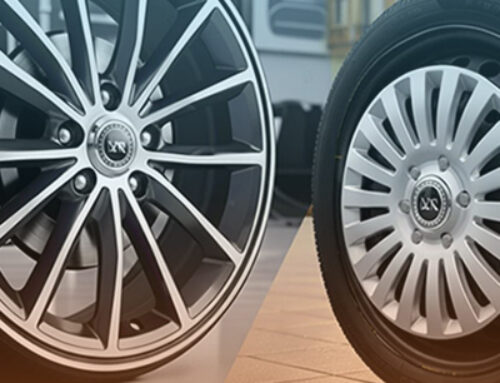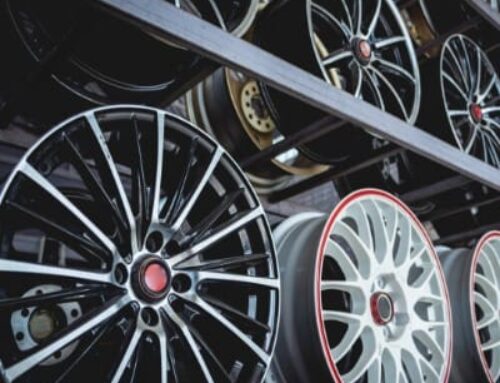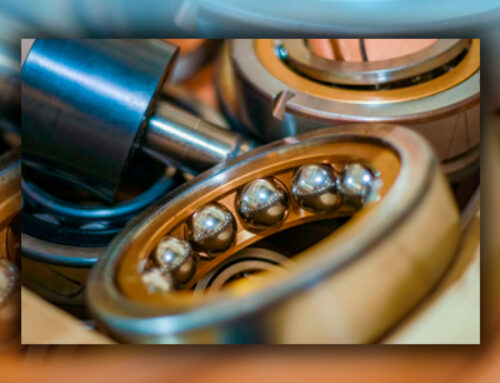What are the 4 Types of Wheels?
When it comes to customizing and maintaining your vehicle, one of the most critical components to consider is the wheels. Not only do they affect the performance of your car, but they also contribute significantly to its aesthetic appeal. If you’ve ever wondered, “What are the 4 types of wheels?”, this comprehensive guide will provide all the details you need to know.
Alloy Wheels
 What are Alloy Wheels?
What are Alloy Wheels?
Alloy wheels are made from a combination of metals, with aluminum and magnesium being the most common. These metals are mixed to create a lightweight yet durable wheel option.
Advantages of Alloy Wheels
- Lightweight: Alloy wheels are lighter than steel wheels, which can improve fuel efficiency and handling.
- Aesthetic Appeal: They come in a variety of finishes, including chrome, painted, machined, or polished, making them a popular choice for personalization.
- Performance: They offer better heat dissipation, which can enhance braking performance and reduce the risk of brake failure.
Disadvantages of Alloy Wheels
- Cost: Alloy wheels are typically more expensive than steel wheels.
- Durability: They are more prone to damage from curbs and potholes.
Steel Wheels
 What are Steel Wheels?
What are Steel Wheels?
Steel wheels are made from an alloy of iron and carbon, making them more robust and heavier than alloy wheels.
Advantages of Steel Wheels
- Durability: Steel wheels are less likely to crack or chip and can withstand rougher conditions.
- Cost-Effective: They are generally less expensive than alloy wheels.
- Winter Performance: Their weight can provide better traction in snowy and icy conditions.
Disadvantages of Steel Wheels
- Weight: The added weight can reduce fuel efficiency and handling.
- Appearance: They tend to have a less attractive appearance compared to alloy wheels.
Chrome Wheels
 What are Chrome Wheels?
What are Chrome Wheels?
Chrome wheels are actually alloy wheels with a chrome coating. This coating gives the wheels a shiny, mirror-like finish.
Advantages of Chrome Wheels
- Aesthetic Appeal: The chrome finish provides a high-gloss, eye-catching look.
- Resale Value: They can enhance the resale value of your vehicle due to their attractive appearance.
Disadvantages of Chrome Wheels
- Maintenance: Chrome wheels require regular maintenance to keep their shine.
- Weight: The chrome plating can add extra weight to the wheels.
- Durability: They are prone to damage and corrosion if not properly maintained.
Magnesium Wheels
 What are Magnesium Wheels?
What are Magnesium Wheels?
Magnesium wheels, often referred to as “mag wheels,” are made from magnesium alloys. They are known for being extremely lightweight.
Advantages of Magnesium Wheels
- Lightweight: They are the lightest type of wheels available, which can significantly improve vehicle performance.
- Performance: Commonly used in racing due to their light weight and superior performance characteristics.
Disadvantages of Magnesium Wheels
- Cost: They are generally more expensive due to the cost of magnesium and the manufacturing process.
- Corrosion: Magnesium is more prone to corrosion compared to other metals.
- Durability: They can be more fragile and are less suitable for everyday driving.
Understanding “What are the 4 types of wheels?” is essential for making informed decisions about your vehicle. Whether you prioritize performance, aesthetics, durability, or cost, knowing the pros and cons of alloy, steel, chrome, and magnesium wheels will help you choose the best option for your needs. At Wheels Doctor, we offer a wide range of wheel customization and maintenance services to ensure your ride not only performs well but also looks its best. 305-490-2028. Contact us today to learn more about how we can help you achieve the perfect look and performance for your vehicle.

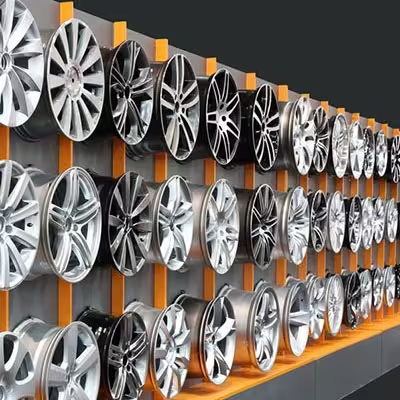
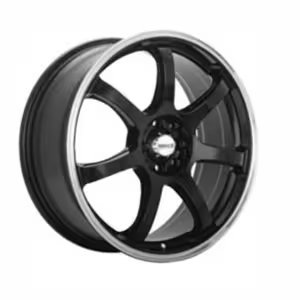 What are Alloy Wheels?
What are Alloy Wheels?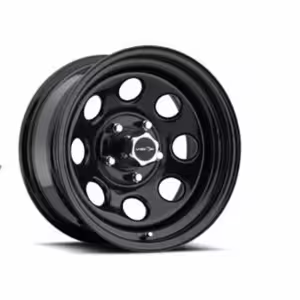 What are Steel Wheels?
What are Steel Wheels?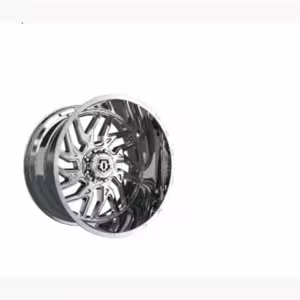 What are Chrome Wheels?
What are Chrome Wheels?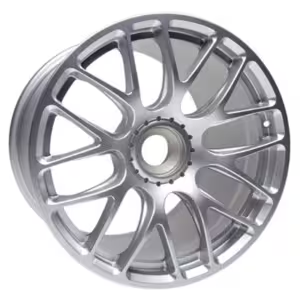 What are Magnesium Wheels?
What are Magnesium Wheels?